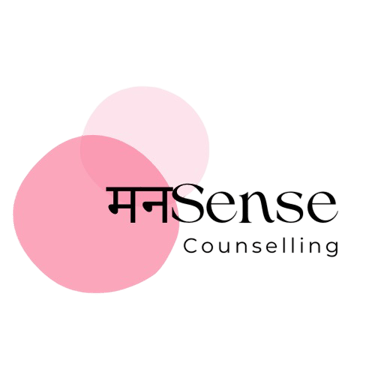When You're Emotionally Exhausted (And Everyone Thinks That You're An Ungrateful Jerk)
Emotional exhaustion is real - and misunderstood. Learn how to explain emotional exhaustion, protect your emotional health, and find the support you deserve.
MENTAL HEALTH & HEALINGRELATIONSHIPS & EMOTIONAL INTELLIGENCEPARENTING
Kashmira
4/29/20252 min read



Often, emotional exhaustion doesn't look like much from the outside. Maybe you’re quieter than usual. Maybe you snap over small things. Maybe you're crying at ads about washing machines.
But to people around you who don’t understand emotions, it can look like you're "overreacting", “acting like a jerk”, or "just being dramatic." (Helpful, right?)
The real story, though, is that emotional exhaustion is invisible unless you know what you’re looking for. To someone who hasn’t built emotional literacy, your overwhelmed nervous system just looks like bad behavior.
They don't see a body that's running on empty. They just hear bothersome noise.
How to explain emotional exhaustion to people who don't speak your emotional language
Firstly, timing matters.
The best moment to explain what’s happening isn’t in the middle of a meltdown. It’s when things are calm and you feel steady enough.
You might say something like (or just make them read this post):
“Lately, I’ve been feeling emotionally exhausted. It means that small stresses feel a lot bigger than they usually would. It’s not about you. It’s just my body asking for some rest. When I react strongly, I’m not trying to start a fight or disrespect you. I just have a lot less fuel than usual.”
Your words don’t have to be perfect. The point is to give them a new frame. One that sees your reactions as signals, not flaws.
Some people will get it. Some people won't.
And honestly? That’s not a reflection of how well you explained yourself. It's just that people are at different places with their own emotional skills. Sometimes it’s easier for someone to blame you than to update what they believe about emotions. And if that happens, your job isn’t to keep explaining louder. It’s to protect your emotional health, even if that means stepping back, setting boundaries, or resting guilt-free despite what they yell at you.
If you’re tired of doing it all alone, maybe it’s time for support that gets you.
Therapy for emotional exhaustion can help you rebuild your energy, set healthy limits, and feel more like yourself again without feeling like you’re "too much" for having real feelings.
You deserve that space.
Quick Recap:
Emotional exhaustion makes minor inconveniences feel huge because your nervous system is low on resources
People who don’t know much about emotions and emotional regulation may misread your reactions as bad behavior
Calmly explaining what’s happening can open the door to better understanding
Not everyone has the skills or the ability to understand you, and that’s not just your burden to carry
Therapy for emotional exhaustion can help you rebuild your resources and find your footing again
